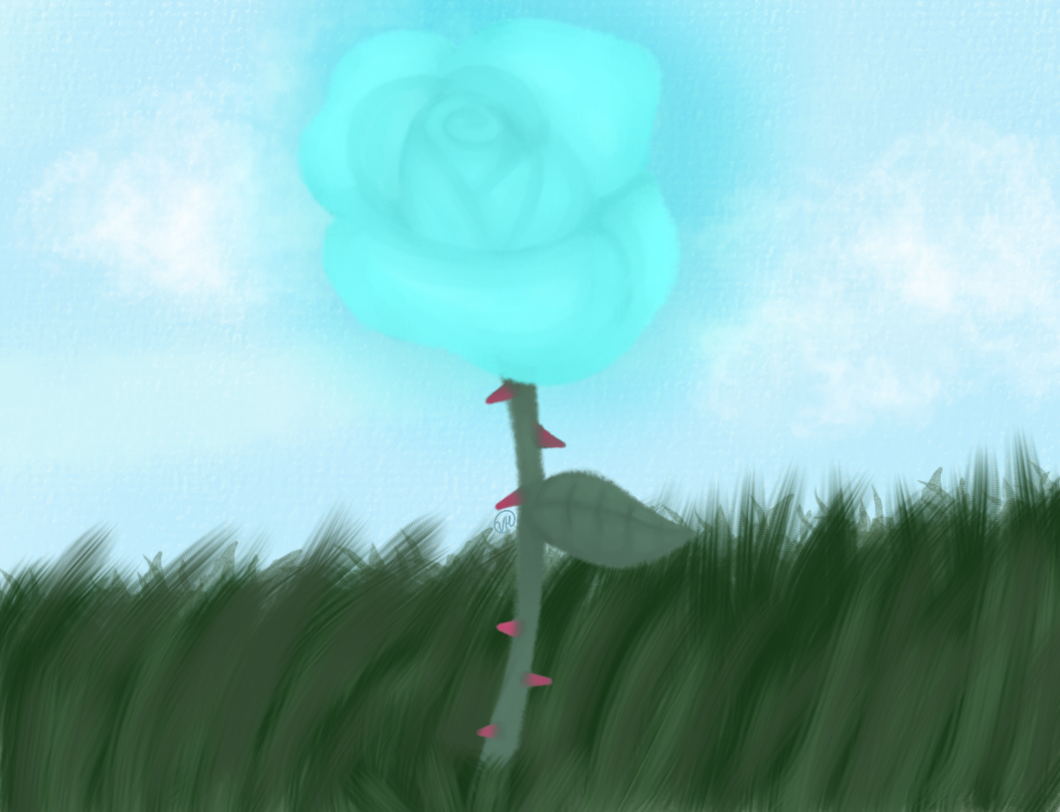
Totania
232
A world held in balance by Magic, Totania is a world where there is no greater power than that of the will.
Ruled over by greedy and often unjust leaders, the World Court attempts to impose law on all people, even those who resist its might. Meanwhile, heroes crawl out from even the worst corners of suffering to bring hope to the world in its darkness, as forces of evil grow.
Yet Hope, Evil, Justice, Greed, and all else are ultimately the result of mortal feelings and ambitions. No deed is without reason, no good done for nothing and no evil sought except for some gain.
For more important than anything in Totania is the people and their drive to do what they think is right.
